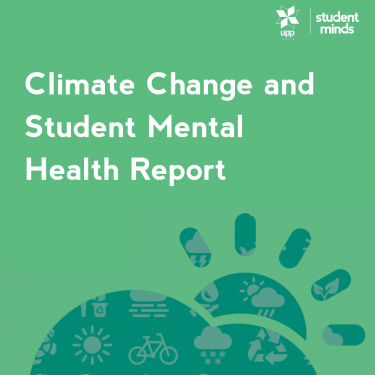The National Network for the Education of Care Leavers and UPP Foundation launch pilot quality mark
With only 12% of care leavers under the age of 23 going into Higher Education (HE) – and those that do being almost twice as likely to drop out than their peers – a new project has been launched to improve support for young people going into HE.
The National Network for the Education of Care Leavers (NNECL) and the UPP Foundation have today announced a new partnership to improve the support provided for young care experienced people.
Under the new scheme universities and colleges will take positive action to tackle the sector-wide care leavers crisis by creating a framework ensuring young care experienced people get the personal and financial support they need.
A pilot project, funded by the UPP Foundation, will be officially launched at a reception in the House of Lords this week. Running until early 2020, the pilot scheme will develop and test a new quality framework to improve access, retention and the support for people who have been in care and now study at colleges and universities.
The educational institutions involved in the pilot include the University of Bradford; Edge Hill University; the University of Exeter; Halesowen College; Kingston University; the University of Lincoln; the University of Nottingham and Oxford Brookes University.
Commenting on the launch, Colette Fletcher, Chair of the Board of Trustees, NNECL and Assistant Vice-Chancellor, University of Winchester, said: “NNECL is extremely proud to be launching the new quality mark for institutions working with young care experienced people and are delighted to be partnering with UPP Foundation to deliver this important project. The new quality mark will build on the gold standard criteria developed by the Centre for Social Justice and First Star Academies, the Department for Education’s ‘Principles to guide higher education providers on improving care leavers access and participation in HE’, the Care Leaver Covenant, and recent guidance published by the Office for Students, to create a working accreditation process that will improve the progression, retention and success of care experienced students in higher education.”
Richard Brabner, Director of the UPP Foundation, added: “We are delighted to be partnering with NNECL on this important initiative involving so many Higher Education and Further Education institutions. As a Foundation we fund innovative projects that support underrepresented students go to and succeed at university. As the statistics show, care leavers are one of, if not the, most disadvantaged group in the system. This is a sector-wide initiative that we hope will make a tangible difference over the long-term to the outcomes of care leavers.”
The pilot project is a major step towards a national accreditation scheme for institutions working with young people who have been in care. The accreditation scheme will be rolled out across England following the completion of the pilot.








